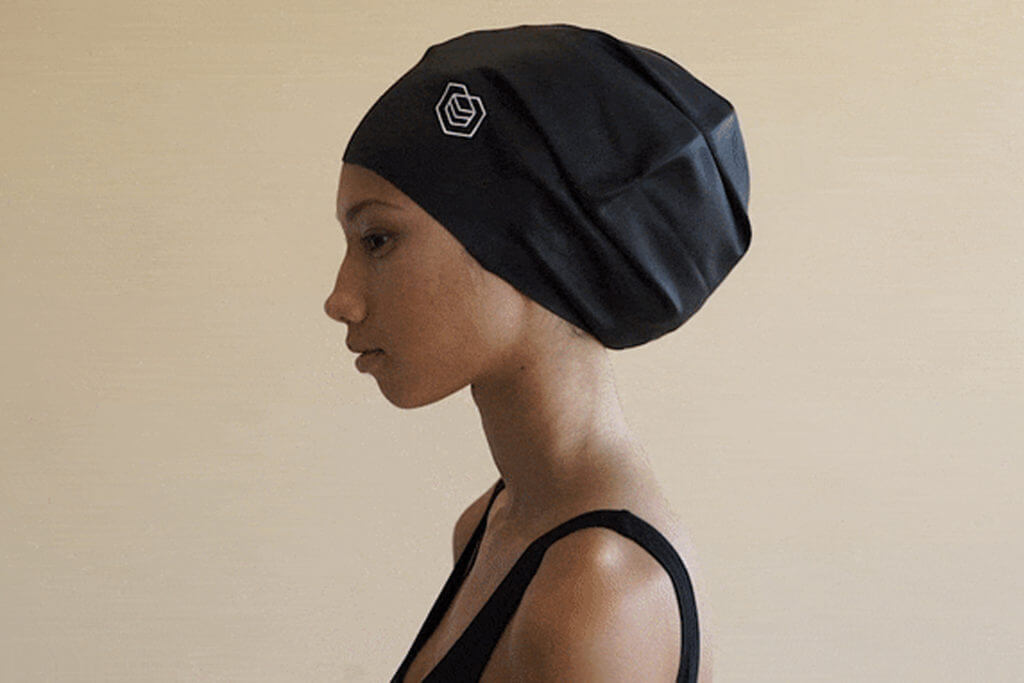Soul Cap, Designed For Minority Female Swimmers, Rejected by FINA For Use in Tokyo Olympics

The Soul Cap has been rejected for use at the Olympics, according to a recent FINA decision. The Soul Cap is a cap designed for swimmers with long, voluminous and Afro hair and was designed to help encourage more black women to begin swimming and to break down racial stereotypes that are attributed to the black community, according to the company.
The swimming caps were barred by FINA on the grounds that to their “best knowledge, the athletes competing at the International events never used, neither require to use, caps of such size and configuration.” The FINA Committee went on to describe the swim caps as unsuitable due to them not “following the natural form of the head,” which further clouds the water of what is natural and what could be used as an advantage in the water, at least in the eyes of FINA.
The founders of the company were disappointed in the decision.
“For younger swimmers, feeling included and seeing yourself in a sport at a young age is crucial” Soul Cap co-founder Toks Ahmed told metro.co.uk. “FINA’s recent dismissal could discourage many younger athletes from pursuing the sport as they progress through local, county and national competitive swimming. How do we achieve participation and representation in the world of competition swimmers, if the governing body stops suitable swimwear being available to those who are underrepresented?”
Swimming has long been seen as a non-Black sport, from both within the sport and from the outside. Many pools were another place of discrimination.
In 2014, in his paper “The Black–White Swimming Disparity in America: A Deadly Legacy of Swimming Pool Discrimination”, author Jeff Wiltse poses two questions, gives a comprehensive answer to the first and a rounded answer to the second an asserts:
“This past discrimination casts a long shadow. As a result of limited access to swimming facilities and swim lessons and the unappealing design of most pools earmarked for Blacks, swimming did not become integral to the recreation and sports culture within African American communities. Some Black Americans learned to swim but relatively few.”
The issue has continued over the years and, while pools are generally not a place of open discrimination, there are still issues that keep the sport from diversifying and keep the numbers of Black people who swim lower than they might possibly be.
Soul Cap has attempted to address one of those issues with their larger swim caps, though no one will see a swimmer with that style of cap in the Olympics this year.
“We feel the rejection comes from lack of thought, without full consideration for diversity and the different requirements non-white athletes may have,” Toks told Metro.co.uk. “We feel there’s always room for improvement, but there’s only so much grassroots and small brands can do – we need the top to be receptive to positive change.”



